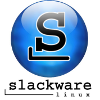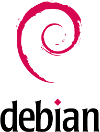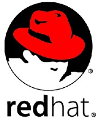To make a proper choice on such an epic list of possibilities we need to know our subject better. Linux has a history like no other system, for starters it is completely free! Unlike Windows which made a linear development and offers a complete package out of the box, Linux is just a kernel or piece of an operating system. A complete package or OS is offered in the form of a distribution and like any Windows version each has its own characteristics. The origin of Microsoft's dominationNow for some who do not know a lot about computer history it is important to know how we got so accustomed to Windows. Some time before Microsoft existed, computer equipment was so expensive users shared software freely! This was the time computers were still more of a hobby, an experiment or science. Getting computers to do anything was hard enough as it were. Microsoft entered just at the right time when computers became useful for small businesses and consumers.The large corporations used Unix which was state of the art but also insanely expensive, Apple made nice systems but was still too expensive for the average Joe. IBM wanted to make a computer system the common man could afford and asked Microsoft for advice, who advised IBM to look at Gary Kindall's DOS system. IBM however wasn't able to make a deal with Kindall and returned to Microsoft for advice. Microsoft knew the software market well and was able to buy QDOS from Tim Paterson who made a cheap clone of Kindall's DOS system. Microsoft however made a very smart move when they made a deal insisting on keeping the right to sell MS-DOS to other companies. 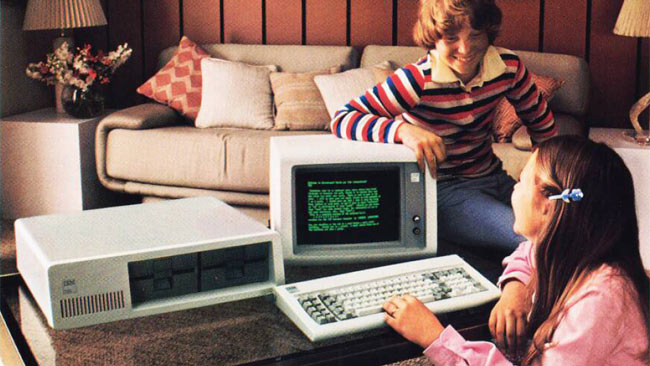 IBM was cocky enough in thinking they would become the sole supplier of their IBM computer hardware and so agreed with Microsoft's demands. Even though not very advanced for it's day Microsoft together with IBM was able to flourish selling cheap MS-DOS and IBM systems to the common man. Microsoft and IBM became so popular they were able to set the standard for computer hardware and thus gained even more ground. This is where the clever Microsoft part came in to play, other companies found a way to legally clone the IBM hardware and started making their own IBM compatible systems. And who was there to supply these new companies with an OS? Exactly! Bill Gates might not have been the best student in the world but he was an excellent business man, just the thing most programmers were lacking in those days. I do feel that Bill deserves a little more respect for that clever insight. Microsoft now had complete domination on the OS market and gained enough resources to start conquering other markets like word processors. This not only created a monopoly on the OS market but also a tight grip on the standard file types being used. This led to a situation where nearly every decision on the scope of OS's was made by a single company. The need for Linux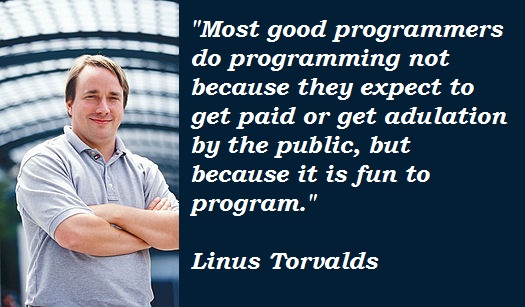 When Linus Torvalds created his kernel and made it free for use and open for modifications he accidentally created a platform for software programmers and hackers to experiment on. Linus's kernel was able to compile code using the new free GNU C compiler. Linux quickly became the new toy many programmers always wanted to have. Since it was free, everything could be shared without the fear of upsetting any companies or violating copyrights. Thanks to the Internet Torvalds gained much interest of other programmers and thus the Linux kernel gained momentum. Meanwhile Linux also became very popular for small web companies running servers on the Internet because they did not have to pay any software fees. Torvalds became an inspiration to many who realized free software could greatly increase quality and speed up development. Projects like Mozilla started from this idea which today is known for the infamous Firefox browser and Thunderbird e-mail client. With the genie out of the lamp the free software movement was created which very slowly started to nibble at Microsoft's monopoly. Microsoft proved to be utterly defenseless against this free software movement. Normally when something posed a threat to Microsoft the strategy was to buy the competition or copy the idea. But Microsoft could not buy the communities or the ideas (although, they did just buy GitHub). Thanks to Torvalds it is possible again to share software and ideas without having to worry much about patents or copyrights. This enabled companies like Google to thrive and move quickly in a world that is often hindered by copyrights. The Big BangEver since Linus created his infamous kernel others have been experimenting with it and modifying it to their own needs. This eventually resulted in various communities or companies which maintained and added code to Linux. Slackware and Debian were the first notable distro’s to pop up, about a year later in 1994 Redhat followed. These are the 3 important distro’s that would form most other distro’s of this day.Only 2 completely new (large) distro’s were born after the big three, Arch Linux and Gentoo. A selection of popular distro’s that spawned from the big three
Ubuntu and Mandrake became so popular they created their own legacy of distro’s like Mint and PCLinuxOS. Redhat is not totally free anymore and more today focuses on server environments rather than desktops. Slackware and Debian are still very much alive today and especially Debian gained lots of users and spawned new distro's. If you would like view a graphical presentation of all the different Linux distributions have a look at the incredible GNU/Linux Distribution Timeline.
|
Operating Systems > Choosing a Linux distro >
